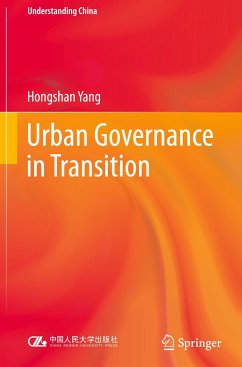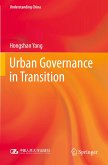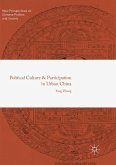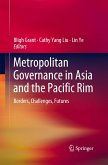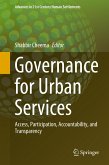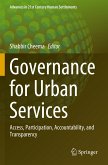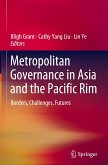This book offers readers a comprehensive introduction to the functions of the government in contemporary China. Further, it creates a framework to describe urban governance in today's China, which consists of four basic modes: the omnipotent government mode, autonomous governance mode, integrated governance mode and cooperative governance mode.
The book defines a "city" as a gathering place for high-quality public service resources, and the basic task of urban governance is to provide high-quality public services and maintain the sustainability of fiscal revenues. By focusing on current "hot topics" in urban governance in China, including the institutional development of urban governance, model interpretation, city/county relationship, cross-border governance, cross-sectoral coordination, street management, community service provision, and municipal performance evaluation, it clarifies a number of common misunderstandings in the field of urban management and practice.
Lastly, the book analyses the current integrated governance model used in Chinese cities, which relies on the authority of the government and integrates the market and social subjects across borders by means of qualification identification, resource support, elite absorption, party-group embeddedness, and project cooperation. However, this model is currently facing several problems. In order to address the potential risks of integrated governance, the book argues that we need to develop new institutional arrangements based on collaborative governance.
The book defines a "city" as a gathering place for high-quality public service resources, and the basic task of urban governance is to provide high-quality public services and maintain the sustainability of fiscal revenues. By focusing on current "hot topics" in urban governance in China, including the institutional development of urban governance, model interpretation, city/county relationship, cross-border governance, cross-sectoral coordination, street management, community service provision, and municipal performance evaluation, it clarifies a number of common misunderstandings in the field of urban management and practice.
Lastly, the book analyses the current integrated governance model used in Chinese cities, which relies on the authority of the government and integrates the market and social subjects across borders by means of qualification identification, resource support, elite absorption, party-group embeddedness, and project cooperation. However, this model is currently facing several problems. In order to address the potential risks of integrated governance, the book argues that we need to develop new institutional arrangements based on collaborative governance.

